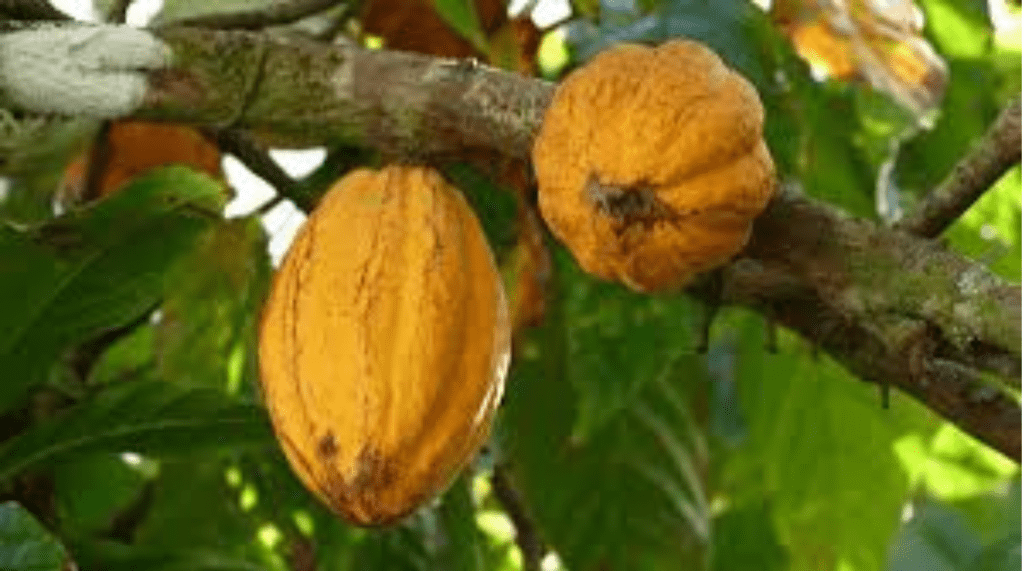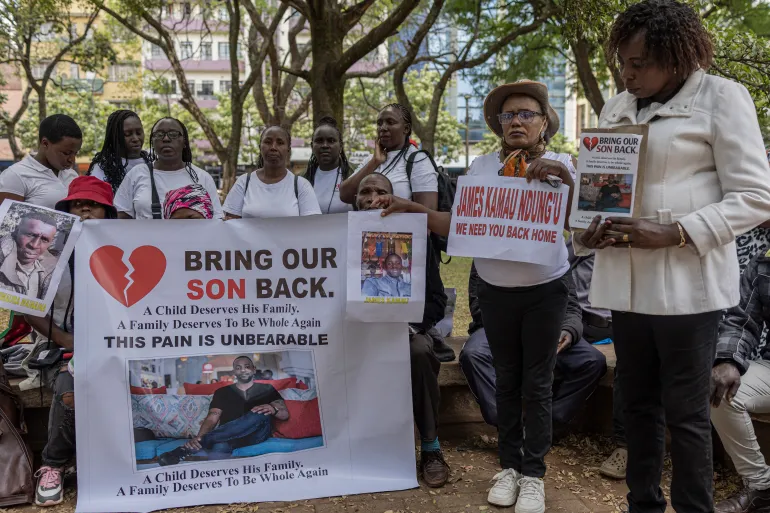Today, Ghana and Côte d’Ivoire, which together produce nearly two-thirds of the world’s cocoa, have formally strengthened their partnership in a historic move aimed at stabilizing global cocoa prices. Through the Côte d’Ivoire-Ghana Cocoa Initiative (CIGCI), both nations announced regulatory actions to improve price stability, raise farmer incomes, and ensure sustainable cocoa production. This alliance aims to address the market challenges that have traditionally affected cocoa-producing countries, where fluctuating prices often impact farmers’ earnings significantly.
The initiative will continue to push the implementation of the Living Income Differential (LID), a premium introduced to boost cocoa farmers’ income by $400 per ton. This policy, supported by both governments, reflects a response to the challenges of an industry where producer earnings often fail to meet living wages. According to the CIGCI, the LID has been crucial for cocoa farmers, whose livelihoods remain vulnerable due to low market prices and volatile demand.
In addition to the LID, the partnership between Ghana’s Cocoa Board (COCOBOD) and Côte d’Ivoire’s Conseil du Café-Cacao involves introducing origin differentials, which pay a premium for cocoa based on origin quality. These efforts will ensure a fairer price structure for cocoa and are supported by both governments’ commitments to sustainable cocoa farming practices, addressing long-standing issues like fair pricing and environmental sustainability.
Both Ghanaian President Nana Akufo-Addo and Ivorian President Alassane Ouattara endorsed the agreement, emphasizing that a stronger collaboration would empower cocoa farmers and create an economic model that supports the sustainable growth of the cocoa sector. The partnership has also opened dialogue with global stakeholders, aiming to expand support for these price mechanisms across the industry, in a bid to transform cocoa into the world’s first sustainable commodity.























